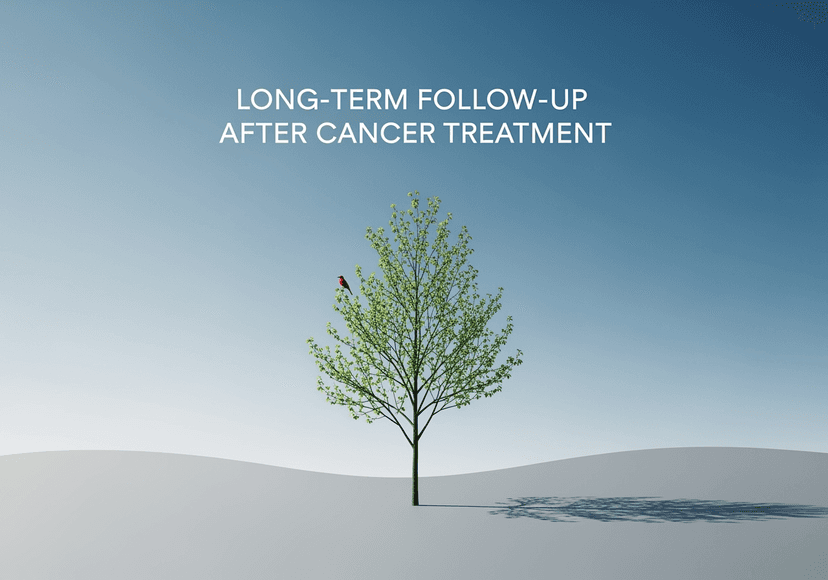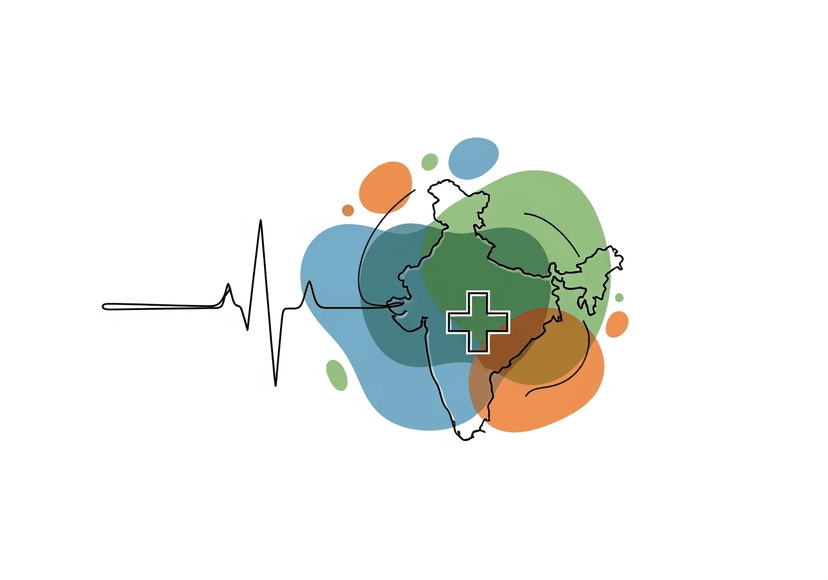
Gastric Cancer: The Stomach Cancer
30 Sep, 2024
 Healthtrip
HealthtripGastric cancer, also known as stomach cancer, is a type of cancer that affects the stomach, a vital organ responsible for digesting the food we eat. It's a disease that can be devastating, not only for the person diagnosed but also for their loved ones. The stomach is a muscular sac that produces digestive enzymes and acids to break down food, but when cancer cells start growing uncontrollably, it can lead to a range of symptoms that can be debilitating and even life-threatening. In this blog, we'll delve into the world of gastric cancer, exploring its causes, symptoms, diagnosis, treatment options, and ways to prevent this disease.
What Causes Gastric Cancer?
Gastric cancer is a complex disease, and its causes are multifaceted. While the exact cause is still not fully understood, research has identified several risk factors that can increase a person's likelihood of developing stomach cancer. These include: Helicobacter pylori (H. pylori) infection, a type of bacteria that can cause stomach inflammation and ulcers; a diet high in salted, smoked, or processed foods; tobacco use; obesity; and a family history of stomach cancer. Additionally, people who have undergone stomach surgery, have a history of stomach ulcers, or have certain genetic conditions, such as hereditary diffuse gastric cancer, are also at a higher risk.
Most popular procedures in India
The Role of H. Pylori Infection
H. pylori infection is a significant risk factor for gastric cancer. This bacterium infects the stomach lining, causing chronic inflammation, which can lead to the development of cancer cells. According to the World Health Organization (WHO), H. pylori infection is responsible for approximately 89% of all stomach cancer cases. While the infection is common, most people don't experience symptoms, making it crucial to get tested if you're at risk.
Symptoms of Gastric Cancer
The symptoms of gastric cancer can be subtle and often resemble those of other conditions, making it challenging to diagnose. Common symptoms include: indigestion or heartburn; nausea and vomiting; loss of appetite; weight loss; abdominal pain or discomfort; and difficulty swallowing. In advanced cases, symptoms may include vomiting blood or coffee ground-like material; black tarry stools; and jaundice. If you're experiencing any of these symptoms, it's essential to consult a doctor, as early detection and treatment can significantly improve survival rates.
Wellness Treatments
Give yourself the time to relax
Lowest Prices Guaranteed!

Lowest Prices Guaranteed!
Diagnosing Gastric Cancer
Diagnosing gastric cancer typically involves a combination of medical history, physical examination, and diagnostic tests. These tests may include: endoscopy, where a flexible tube with a camera is inserted through the mouth to visualize the stomach; imaging tests, such as X-rays, CT scans, or MRI scans, to visualize the stomach and surrounding organs; and biopsy, where a sample of stomach tissue is taken for examination. If cancer is detected, the doctor will stage the cancer to determine the extent of the disease.
Treatment Options for Gastric Cancer
Treatment for gastric cancer depends on the stage and location of the cancer, as well as the patient's overall health. Surgery is the most common treatment, where the cancerous part of the stomach is removed, and in some cases, the entire stomach may need to be removed. Other treatment options include: chemotherapy, to kill cancer cells; radiation therapy, to shrink tumors; and targeted therapy, to target specific cancer cells. In some cases, a combination of these treatments may be used.
Preventing Gastric Cancer
While there is no surefire way to prevent gastric cancer, there are steps you can take to reduce your risk. These include: maintaining a healthy diet rich in fruits, vegetables, and whole grains; limiting your intake of salted, smoked, and processed foods; avoiding tobacco use; maintaining a healthy weight; and getting tested for H. pylori infection. Additionally, if you have a family history of stomach cancer, talk to your doctor about your risk and any necessary screening tests.
Living with gastric cancer can be challenging, but with the right treatment and support, it's possible to manage the disease and improve quality of life. By understanding the causes, symptoms, diagnosis, treatment options, and prevention strategies, we can work together to reduce the incidence of this devastating disease and improve outcomes for those affected.
Related Blogs

Long-Term Follow-Up After Cancer Treatment
Detailed insights into cancer treatment – doctors, hospitals, technology, recovery,

Healthtrip’s Transparency in Cancer Treatment Pricing and Packages
Detailed insights into cancer treatment – doctors, hospitals, technology, recovery,

Frequently Asked Questions About Cancer Treatment
Detailed insights into cancer treatment – doctors, hospitals, technology, recovery,

Advanced Robotic Technology Used in Cancer Treatment
Detailed insights into cancer treatment – doctors, hospitals, technology, recovery,

How Healthtrip Supports Foreign Patients for Cancer Treatment in India
Detailed insights into cancer treatment – doctors, hospitals, technology, recovery,

Top Medical Packages for Cancer Treatment Offered by Healthtrip
Detailed insights into cancer treatment – doctors, hospitals, technology, recovery,










